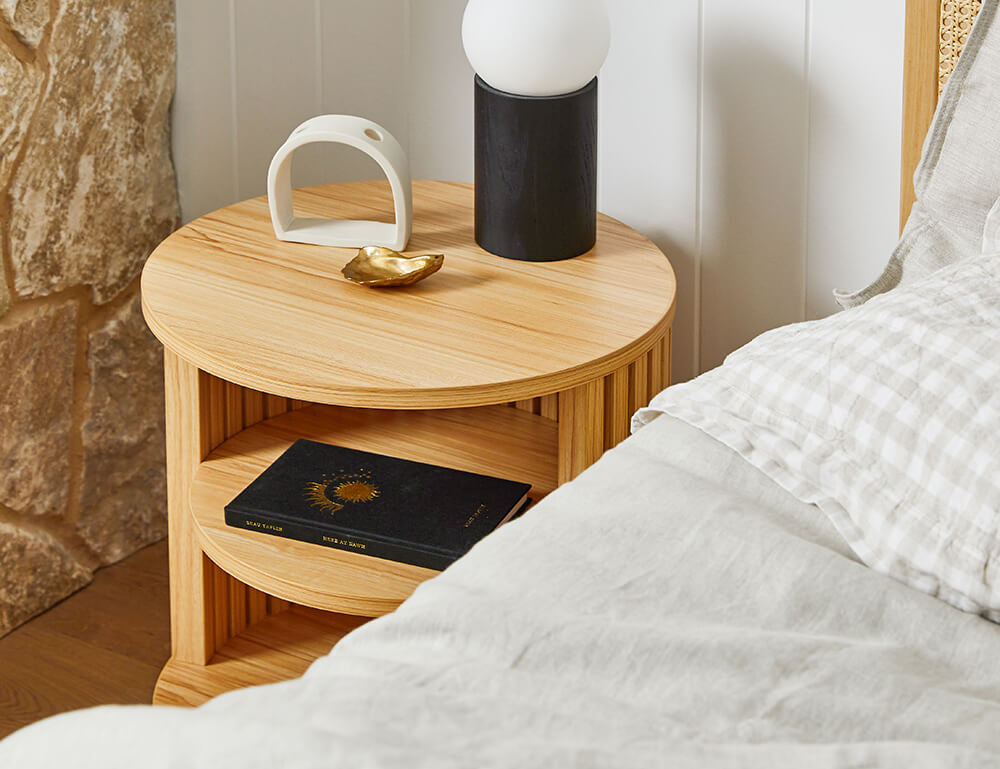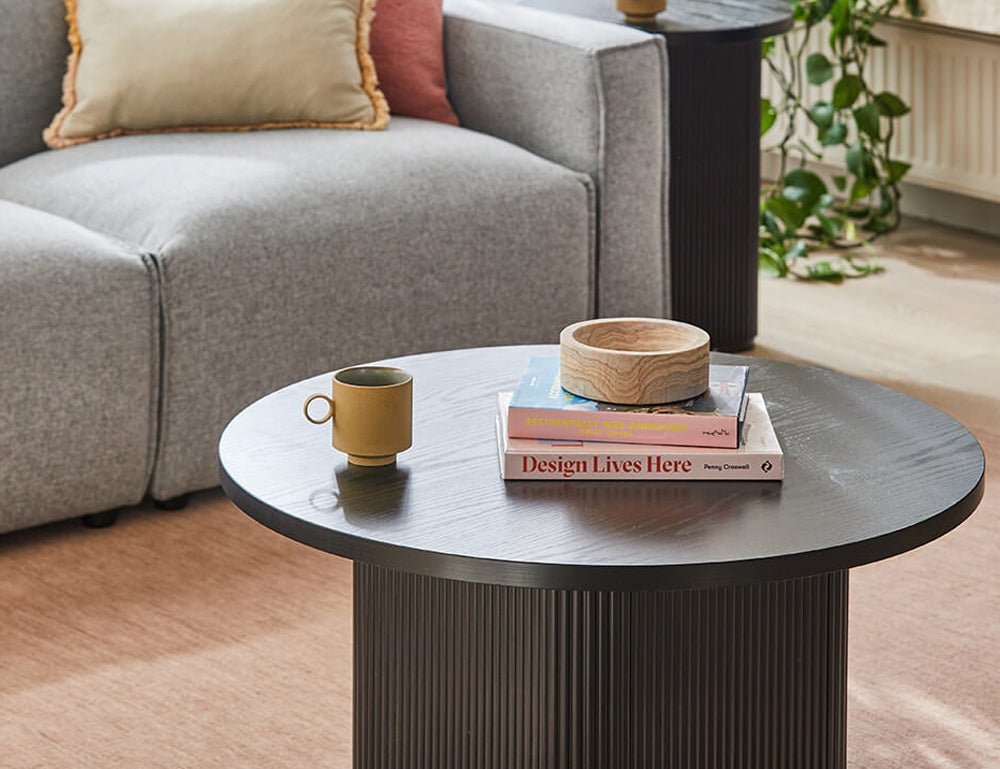Few things can be accomplished without a good night’s sleep. And no matter how much effort you put into decorating your bedroom, honing every detail, there will be no rest until you take care of the most important element of them all: your mattress firmness.
If you find yourself spending hours tossing and turning instead of diving into peaceful slumber every night, side-eying your partner, and waking up feeling ten years older instead of refreshed, the chances are that your mattress is the one to blame. If you have been lying every night on the same tired piece of foam since university, look no further. Mattresses have a lifespan of seven to ten years – even less if you tried to save your pennies and went the cheap route.
Buying a new mattress can be intimidating. It is, after all, a significant investment and one that will affect your quality of life. Firmness is one of the most important factors to take into consideration when picking the right fit for you – and this is precisely what this guide is here for. Read on to find out how to choose the perfect mattress.
What is mattress firmness?
Have you ever spent the night at a hotel or a relative’s house only to find yourself sinking helplessly into a mattress tired by years of use? Or, on the contrary, laying down for hours, desperately trying to find some kind of comfort on a wood-hard surface? It is likely firmness was to blame. Much like Goldilocks, finding the “just right” balance is a very personal – and sometimes unnerving – quest.
Mattresses are rated on a 1 to 10 benchmark, with 1 being the softest and 10 the firmest. 2-4 is considered “plush”, while 8-9 is called “firm.” 5-7 is a happy medium tending toward the firmer side. Mattresses at each end of the spectrum are typically very uncomfortable and, therefore, very rare.
Although they are often used interchangeably, firmness and support are very different notions when it comes to mattresses. The mattress support affects the base and core layers and, therefore, your spinal alignment and relieves pressure points. For example, if the spring system is shot, no amount of mattress firmness will allow you to wake up without significant back pain. Meanwhile, the firmness influences the top layer, providing a body-cradling feeling you have been looking for (or, on the contrary, avoiding like the plague.)
How to choose the right firmness level?
To decide which firmness level is right for you, here are some questions to ask yourself when mattress shopping.
What position do you sleep in?
Your sleeping position is one of the most important indicators of the type of mattress you should choose. When sinking to sleep, do you naturally lay on your side, your stomach, or your back? Do you tend to toss and turn while sleeping, waking up with your blankets rolled in a ball at the foot of your bed?
Side sleepers tend to gravitate towards plusher mattresses since their hips and shoulders appreciate a bit more padding. On the contrary, stomach sleepers usually prefer a firm mattress that offers more support for their spines and hips. The good news for back sleepers is that they can choose any mattress that suits their fancy since their body weight is evenly distributed. As for those with a restless sleep pattern, they would do well to stick with mattresses with a firmness level in the middle of the spectrum.
What is your body type?
Your weight also affects which firmness level will provide you with the best sleep.
If you are heavier (90 kilograms or more), you will be more comfortable on a firmer mattress which will provide more support for the heavier parts of your body, such as your hips, and avoid spinal misalignments. Firm mattresses can also help improve blood circulation and can be easier to get on and off if you have difficulties moving.
On the other hand, more petite sleepers (58 kilograms or less) often prefer softer sleeping surfaces since they can sink in more easily.
Do you have any back pain?
Your sleeping position is not the only thing that will contribute to chronic back pains – you should also look at your fitness level, posture, and physical activity. However, if you consistently wake up aching, then your mattress may be to blame. If you have issues, it is best to stick to mattresses on the firmer side, with level 5 and over.
Which mattress is best for me?
In summary, the best mattress for you depends on many factors and – most importantly – personal preferences.
Soft mattresses – such as our Deep Dream Plush Mattress – are perfect if you:
- Are a side sleeper
- Are lighter
- Prefer a more enveloping feeling
Firm mattresses – like the Deep Dream Super Firm Mattress – are great if you:
- Are a stomach sleeper
- Are heavier
- Have chronic back pains
- Have difficulties moving around
Medium to medium-firm mattresses, such as our Deep Dream Essential Mattress or Deep Dream Premium Mattress (with a cloud-like, cool-gel memory foam upgrade), is a comfortable average that will satisfy most sleepers, either in the primary bedroom or guest bedroom.
What about my partner?
Sharing a bed with a partner can be an exercise in patience. Not everybody has the same needs, but compromising sleep quality is far from ideal. If one of the partners is heavier or moving a lot, it is best to choose a firmer mattress.
All our mattresses are equipped with Zero Partner Disturbance technology with up to 900 wrapped pocket coils replacing outdated connecting springs for a smoother experience. You can also put two mattresses fitting your and your partners’ needs side by side for a more tailored experience.











